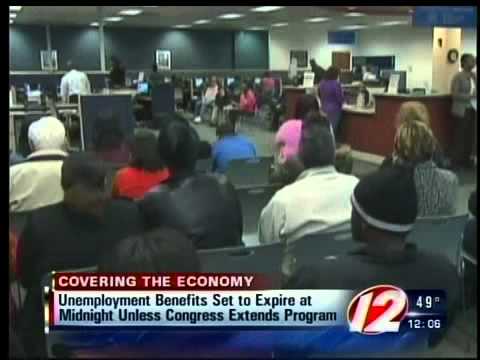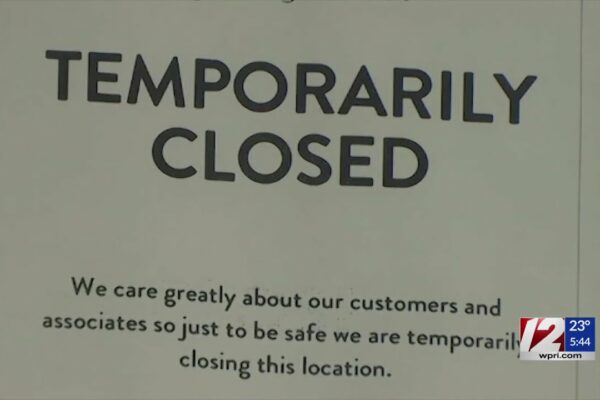
Is Rhode Island subject to taxing unemployment?
Rhode Island, like most states, is subject to taxing unemployment benefits. The state follows federal guidelines in determining the taxation of these benefits. However, certain criteria must be met for unemployment benefits to be considered taxable income. It is essential for Rhode Island residents to understand the tax implications of their unemployment benefits to avoid any surprises come tax season.








